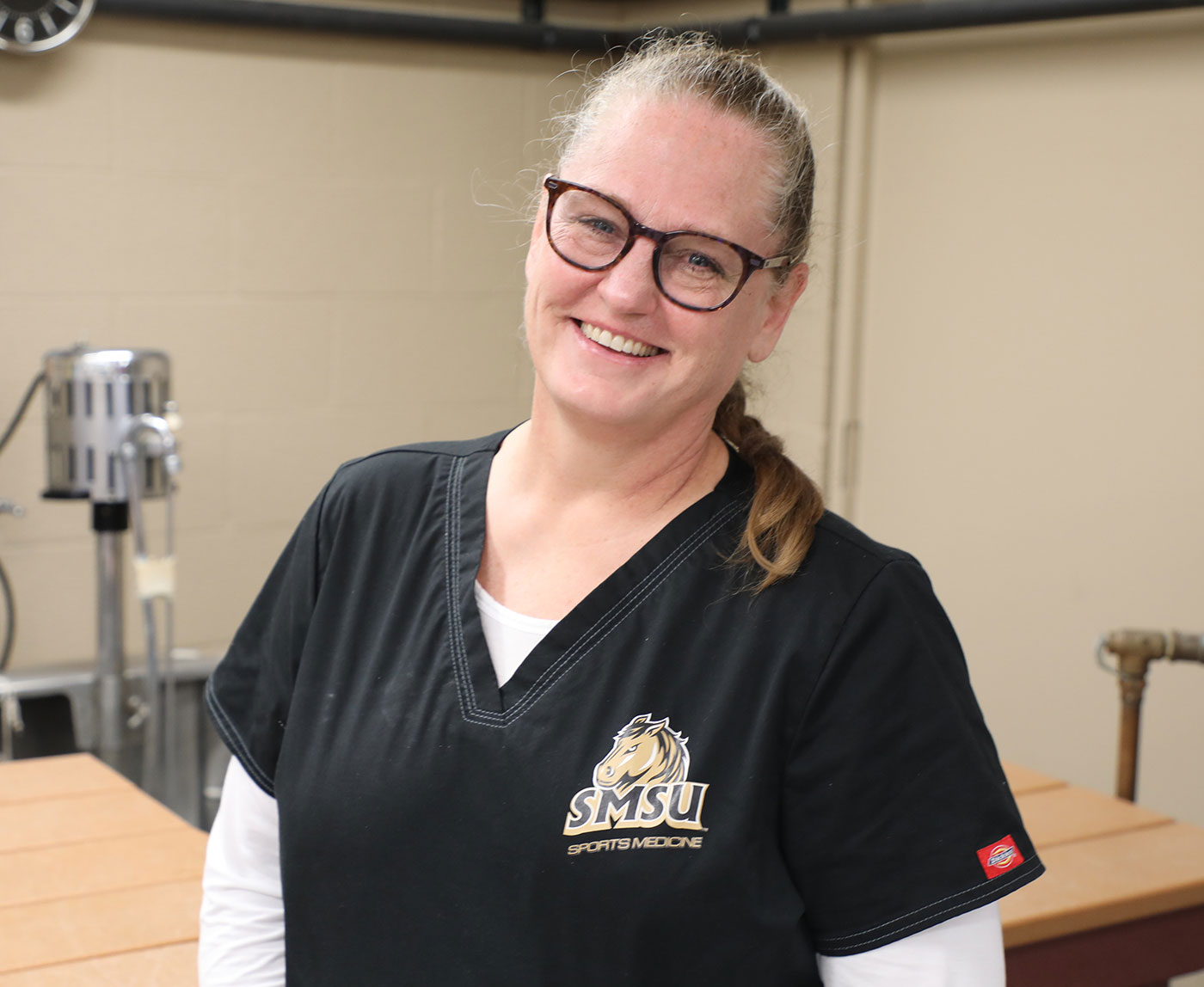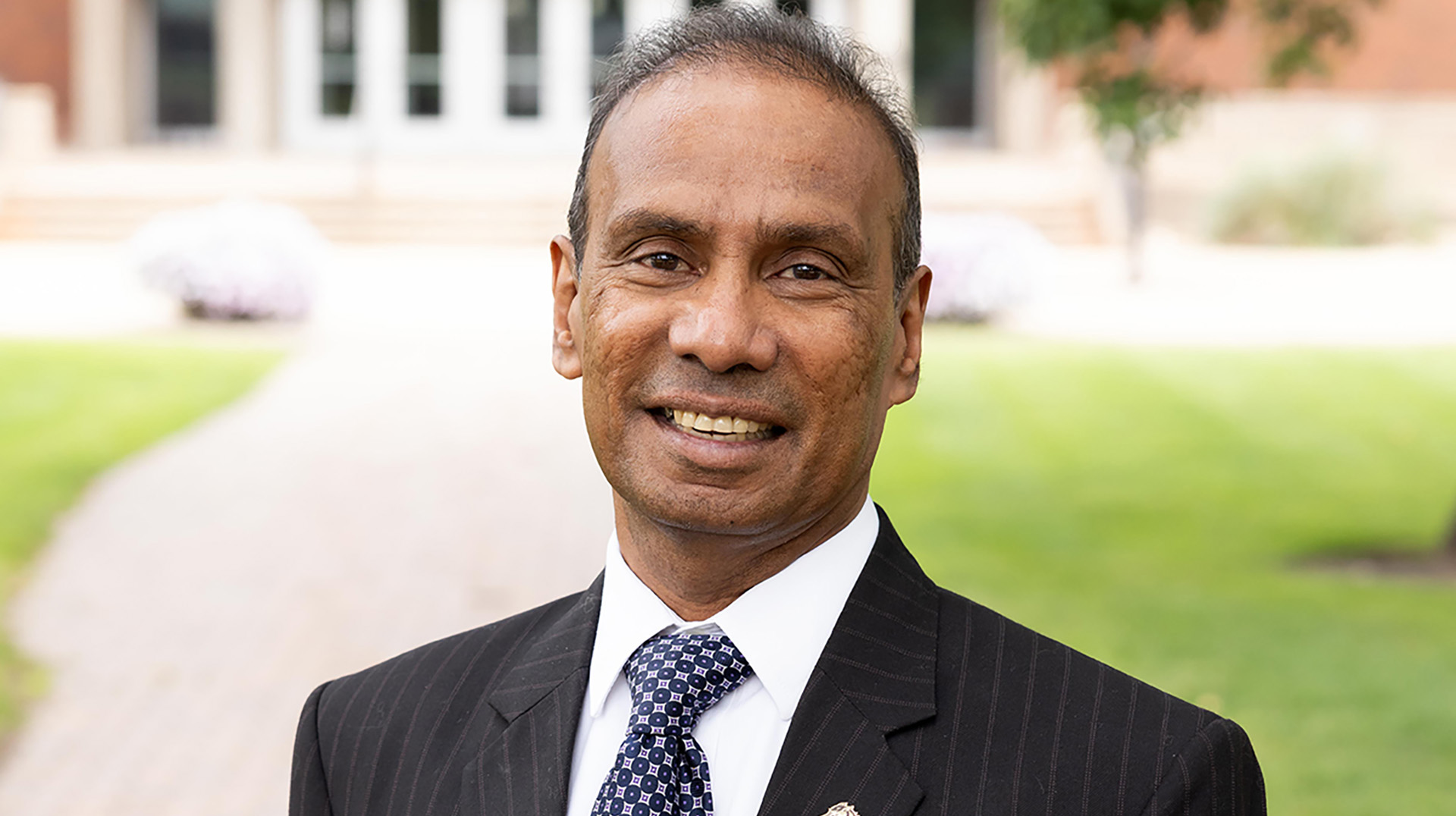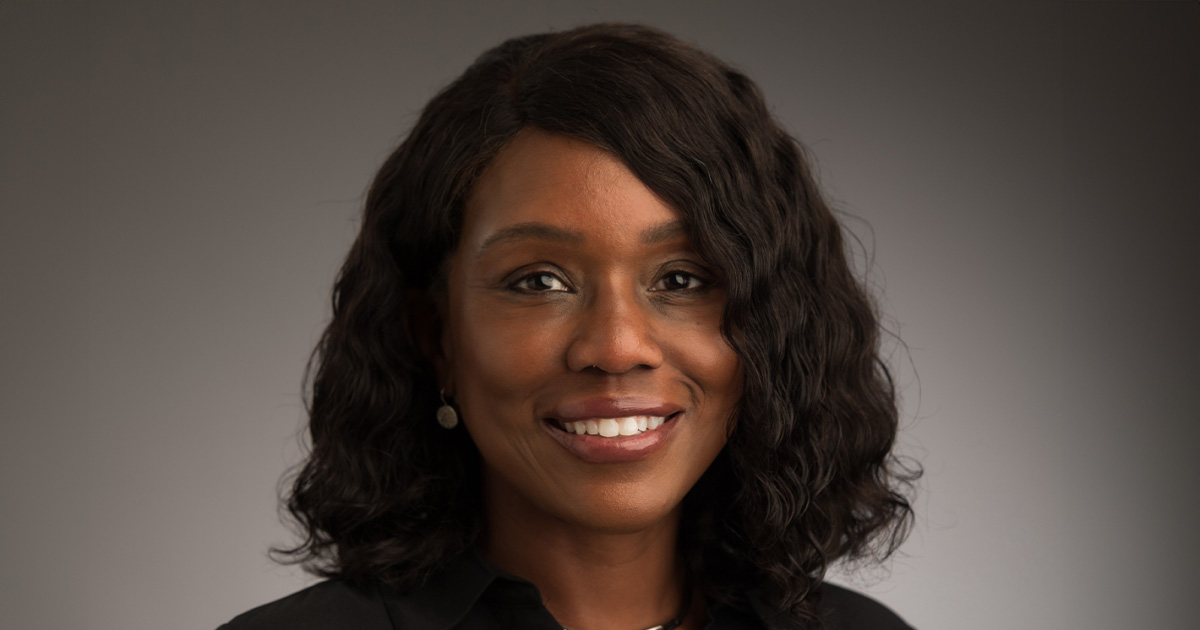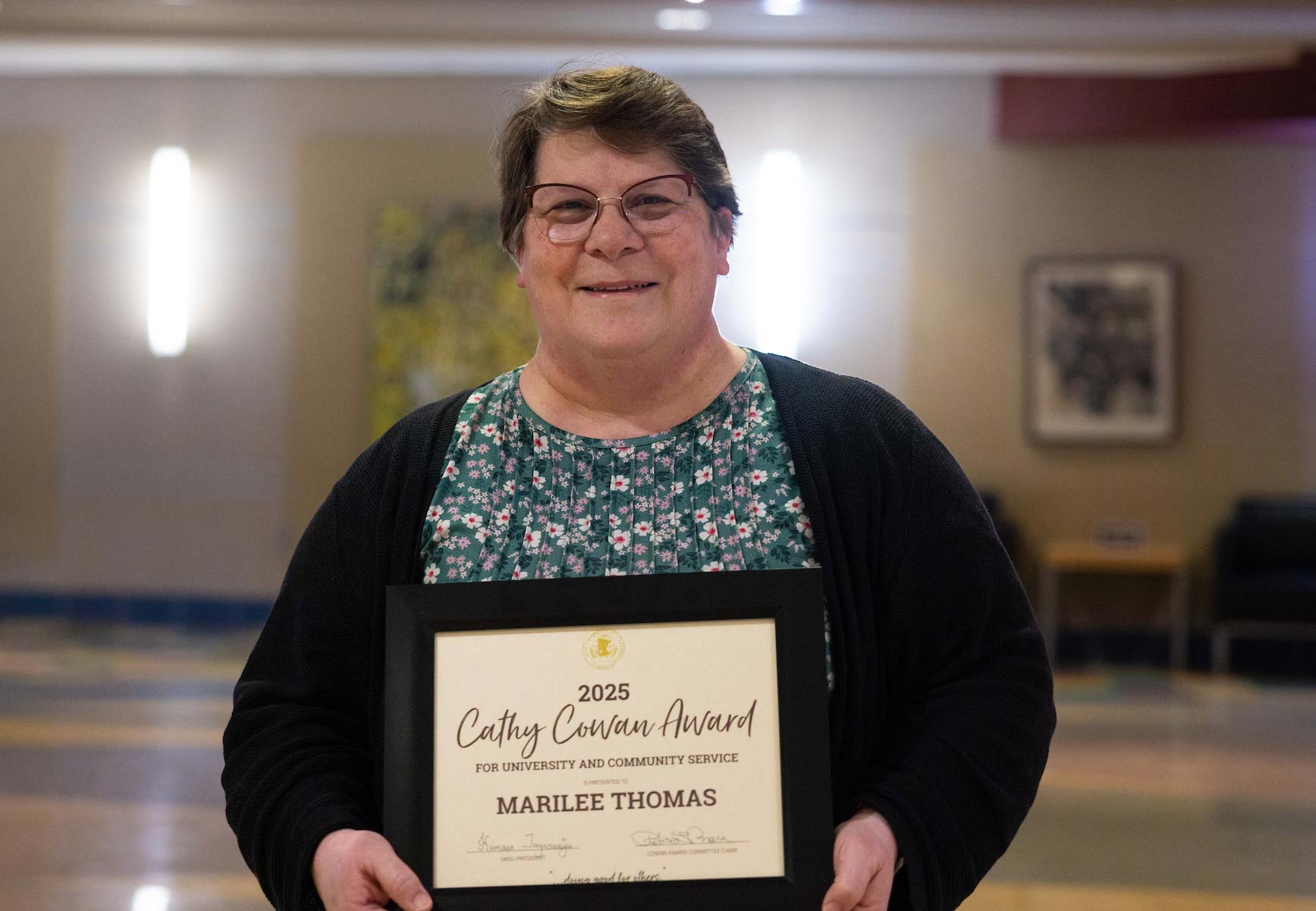Mustang Making a Difference: Laura Crowell
Published Friday, December 04, 2020
One of the unsung heroes in dealing with COVID-19 is head athletic trainer Laura Crowell.
With winter sports teams starting practices in early December, Mustang student-athletes are being tested for COVID-19 three times per week — on Mondays, Wednesdays and Fridays. It’s her job to coordinate and assist in that testing process. “There’s about 185 that are tested,” she said. “That includes the student-athletes for winter sports and all Tier 1 individuals, which includes coaches, athletic trainers and team managers.”
Hy-Vee has received a grant to cover the cost of the testing. Other NSIC schools with a Hy-Vee located in their towns are a part of that grant, also.
The winter sports include men’s and women’s basketball, wrestling, wheelchair basketball, women’s swimming and diving, and indoor track and field.
Crowell and her husband Scott — Associate Vice President for Student Affairs at SMSU — moved to Marshall in 1994. She worked part-time for the university before coming on board as a full-time athletic trainer in 1995. She became the head athletic trainer in the spring of 1997.
She started out on the physical therapy track at Iowa State University but a clinical setting “didn’t make me happy. I didn’t know about athletic training until I attended a job fair my freshman year and I met the head women’s athletic trainer (at Iowa State).” That made an impression, and she went through the process of getting into the program.
She would earn a master’s there in Higher Education Administration, and in May will receive her doctorate from Minnesota State, Moorhead, in Educational Leadership.
Crowell is a familiar face at athletic events and leads an athletic training staff that helps keep Mustang athletes competing.
COVID-19 has changed her reality since March 2020, when athletic events were put on hold. “We had our baseball, softball and golf teams on the road and then all of a sudden, their seasons were over,” she said.
“When it first hit I didn’t know how we’d go forward without a vaccine,” she said. “I did know that life as we knew it was going to be different. It was the first time in my life I did not understand — there were so many uncertainties. For us, it changed the way we do business.
“Athletes used to be able to just stop in, maybe for an ice bag or to tell us something. Now the room has a set capacity, and we have set up a booking program now, where (the student-athletes) schedule an appointment.”
Things did slow down during the fall sports hiatus, “but it’s closer to normal now — the tables are booked most of the day,” said Crowell.
Keeping track of the various rules and regulations put forth by the NCAA, the Northern Sun Intercollegiate Conference (NSIC) and the state can by dizzying. “You can chase your tail,” she quipped. “As an athletic trainer, it’s your job to anticipate all the problems that could occur, so you are staffed and stocked. Prevention is a way we think. With COVID, I’ve had some sleepless nights thinking about how it can be done safely.”
Crowell passes the credit on to her athletic training staff regarding the thrice-weekly testing. “It takes all hands on deck to make the testing happen. The athletic training staff has been amazing in launching this process.”
That staff consists of full-time athletic trainers Patty Myrvik and Jodi Fuerstenberg; part-time athletic trainer Matt Ihler; and graduate assistants Sthephanie Sanchez-Padron, Kendyl Miller, Mattie Brown, Melissa Charron and Brendon Cox.
And while Crowell and her staff are interested in the physical health of student-athletes, mental health is a topic that’s come to the fore recently. “Mental health concerns have eclipsed concussion injuries as the most prominent athletic health concern now,” she said, citing research by Brian Hainline, the chief medical officer of the NCAA. “Athletes are seeing things that I didn’t’ have to deal with (in college). The stresses on them are different, their support system needs to look different.”
COVID-19 has changed the way Crowell and her staff go about their business, but the core of what they do remains the same. “It hasn’t changed the basis of what we do. You look for something positive every day.”
on the SMSU
t





